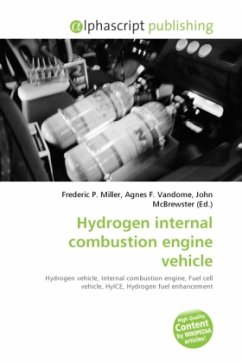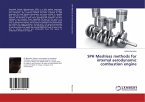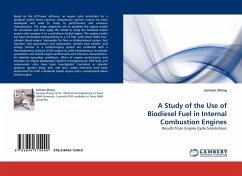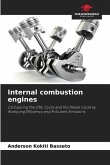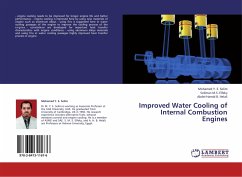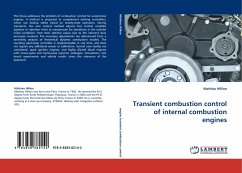High Quality Content by WIKIPEDIA articles! A hydrogen internal combustion engine vehicle is a type of hydrogen vehicle using an internal combustion engine. Hydrogen internal combustion engine vehicles are different from hydrogen fuel cell vehicles; the engine is simply a modified version of the traditional gasoline-powered internal combustion engine. Francois Isaac de Rivaz designed in 1807 the first internal combustion engine on hydrogen, Étienne Lenoir produced the Hippomobile in 1863. Paul Dieges patented In 1970 a modification to internal combustion engines which allowed a gasoline-powered engine to run on hydrogen US patent 3844262. Mazda has developed Wankel engines that burn hydrogen. The advantage of using ICE such as wankel and piston engines is that the cost of retooling for production is much lower. Existing-technology ICE can still be used to solve those problems where fuel cells are not a viable solution as yet, for example in cold-weather applications. Recently, BMW tested a supercar, fueled by a hydrogen ICE, which achieved 187 mph in tests. At least two of these concepts have been manufactured.

